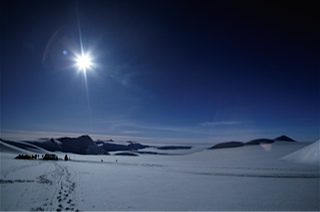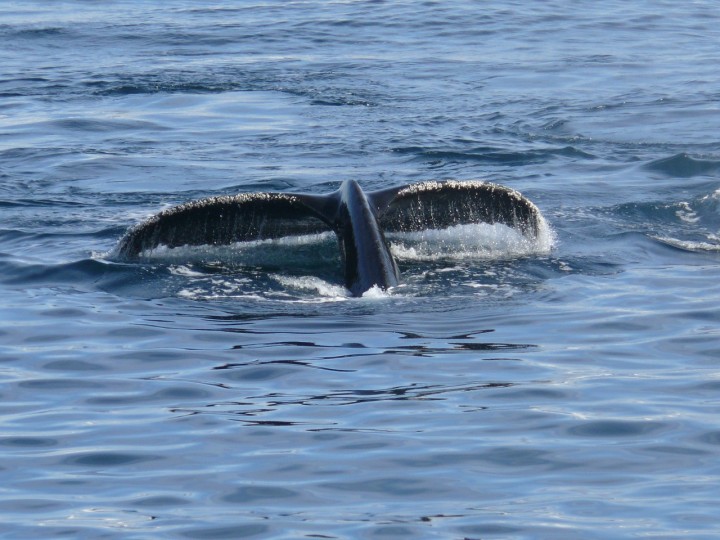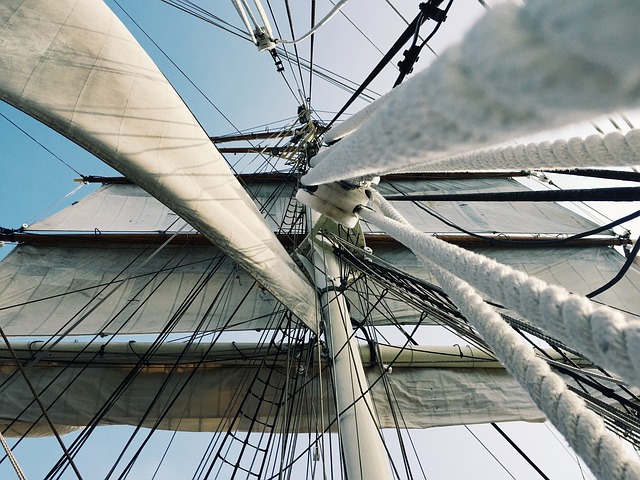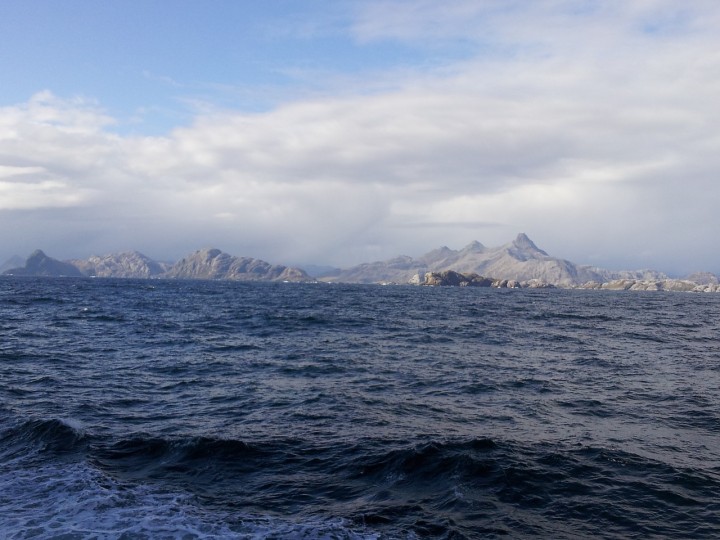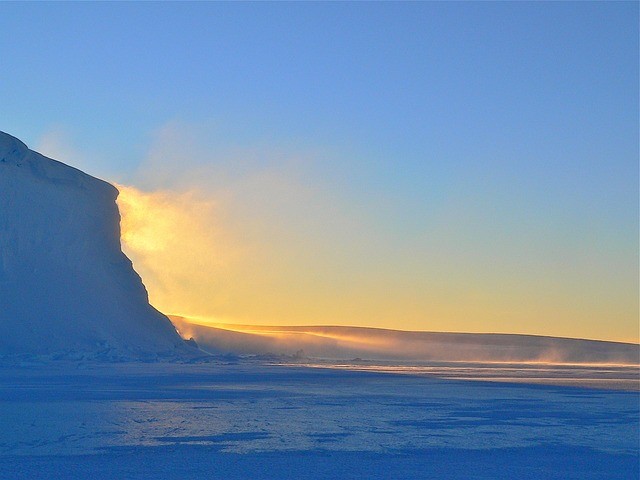
Shackleton’s early experience
From the South Atlantic
So everybody aboard seems to be feeling more themselves today, despite a significant swell in the South Atlantic. We’re safely onboard the Silverseas Explorer, a boat that has made this voyage many times before – and yet still stomachs can turn when the smallest of things go wrong. At breakfast this morning, we were happily drinking our cappuccinos and nibbling on freshly prepared fruit, or full English, or continental, when a strong vibration started from beneath the floor on which we sat, and unified personnel, sat together on one round table, rose from their seats in unison and made a controlled but purposeful exit. Whatever it was has long been fixed with professional calm, but that hair-raising moment makes you think, what the hell would you do alone on this massive sea without a solid diesel engine to propel you to your destination.
Almost one hundred years ago, on these very seas, Shackleton and a five-strong team did just that, in the tiniest of whalers, the James Card, with nought more than a wee sail and a sextant to navigate from Elephant Island to South Georgia – 800 miles of open water! It’s still considered the most audacious sea crossing of all time.
But before we get to South Georgia ourselves, which all going well will be the day after tomorrow, 20th November, it’s worth looking briefly at where the young Shackleton came from.
An abridged version, if I may.
Ernest Henry Shackleton was born 15th February 1874 in County Kildare, a mix of Irish and Quaker heritage. His mother was unconventional, passionate, happy-go-lucky; his father, a physician – a cautious Yorkshireman. Shackleton was big brother to eight adoring sisters and a little brother.
Born in Ireland, his family moved to London where he was an unremarkable student at Dulwich College, left school at 16 and signed up to the Merchant Marine, which was by all accounts a brutal initiation to life at sea – but more of that in my next blog because there is little doubt that experience gathered here, however tough, served him well. It’s here that he started to learn what he liked and what he didn’t like in leaders.



